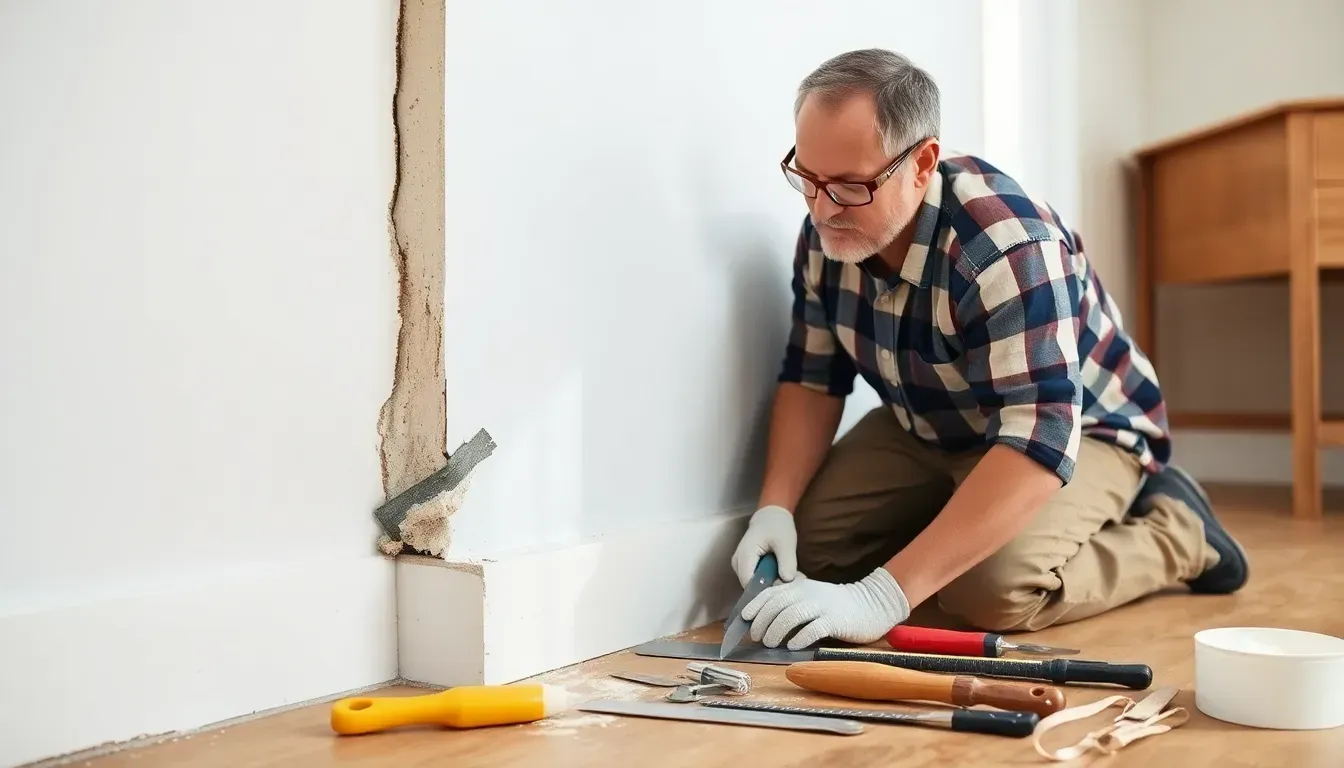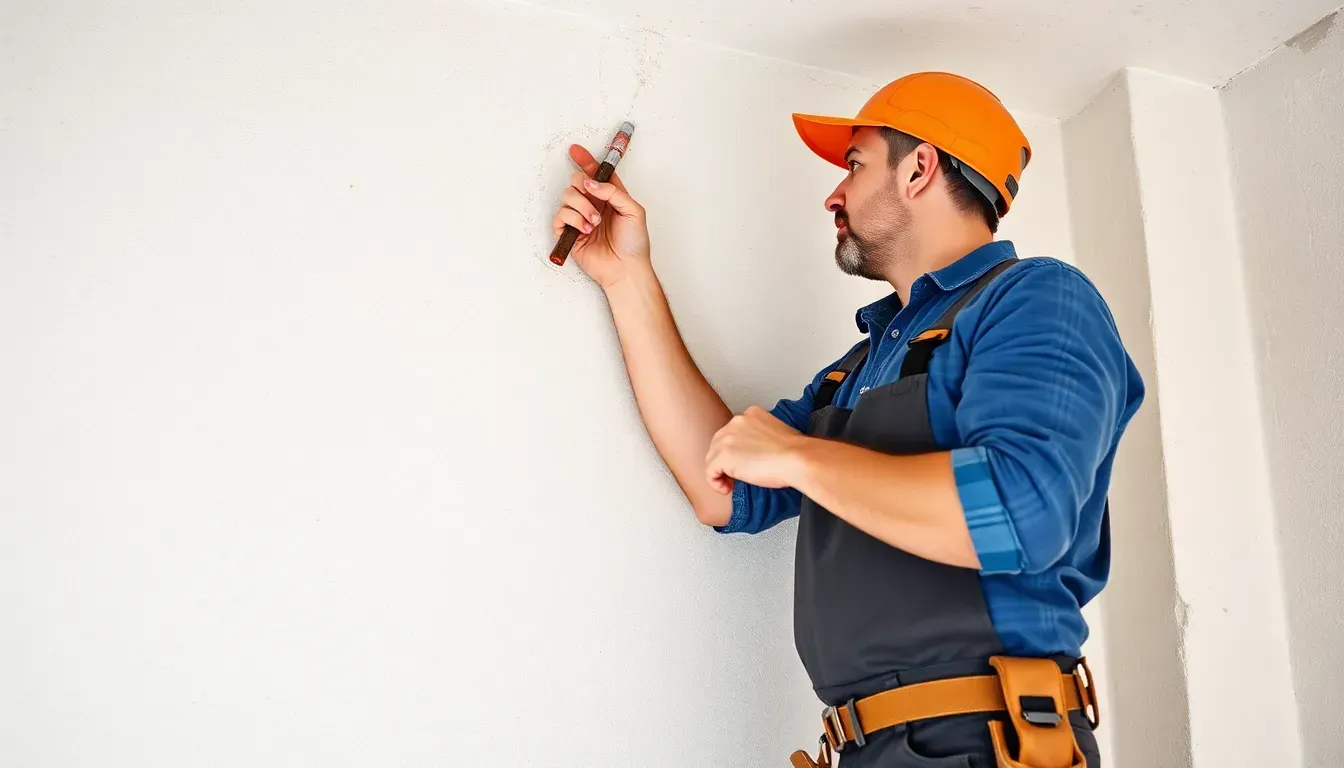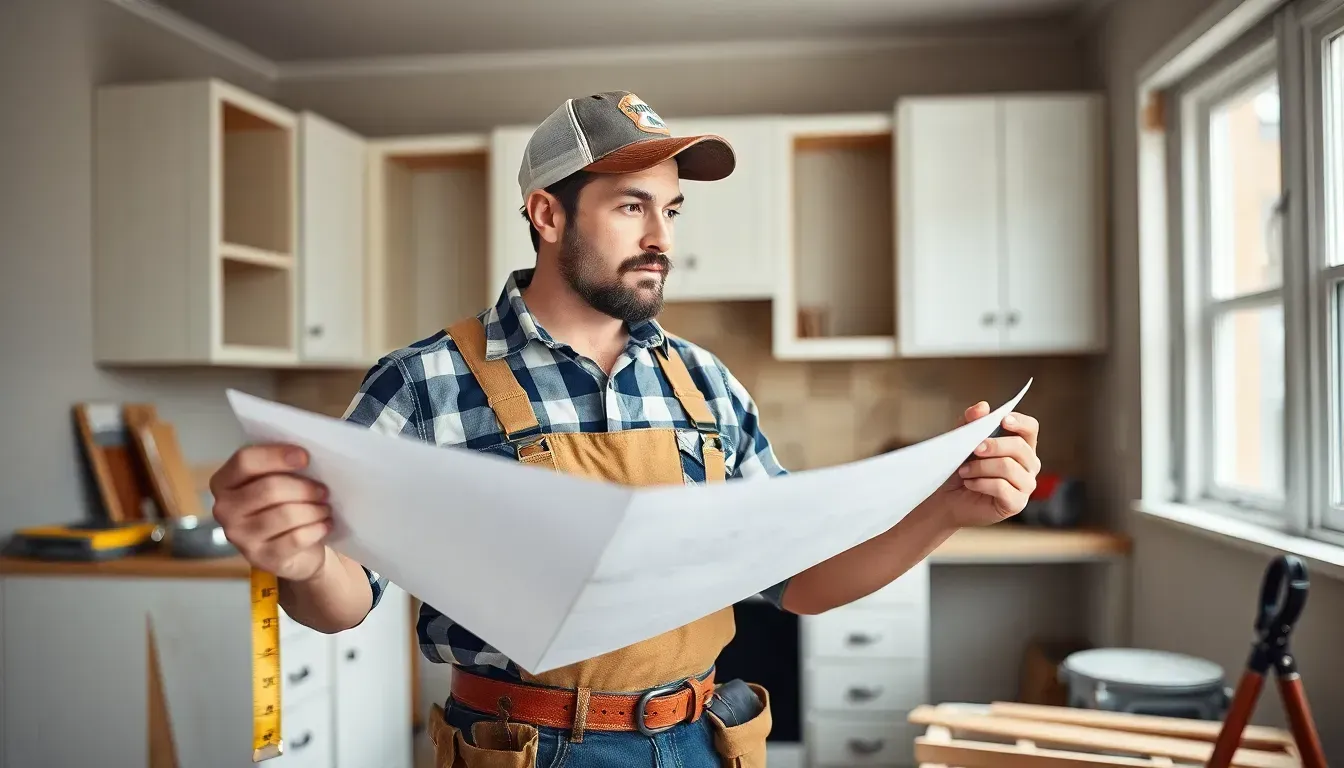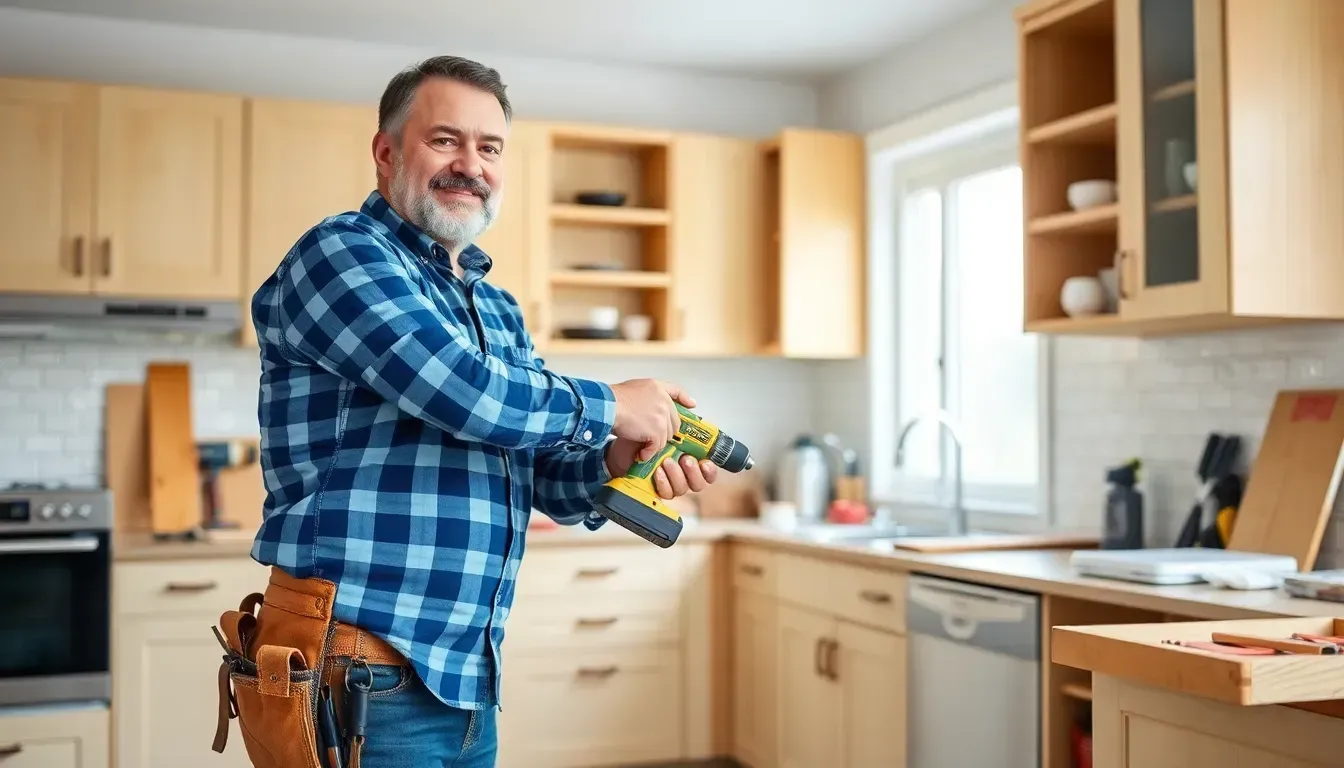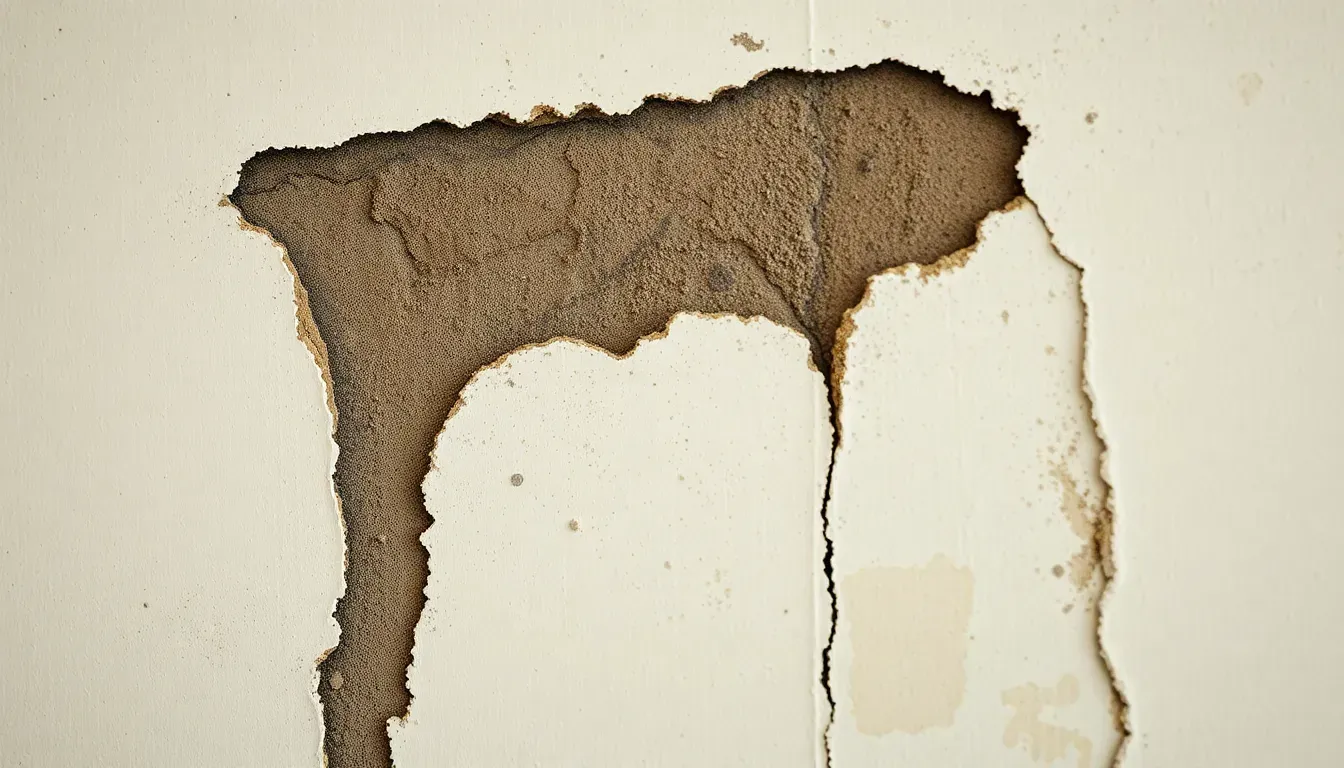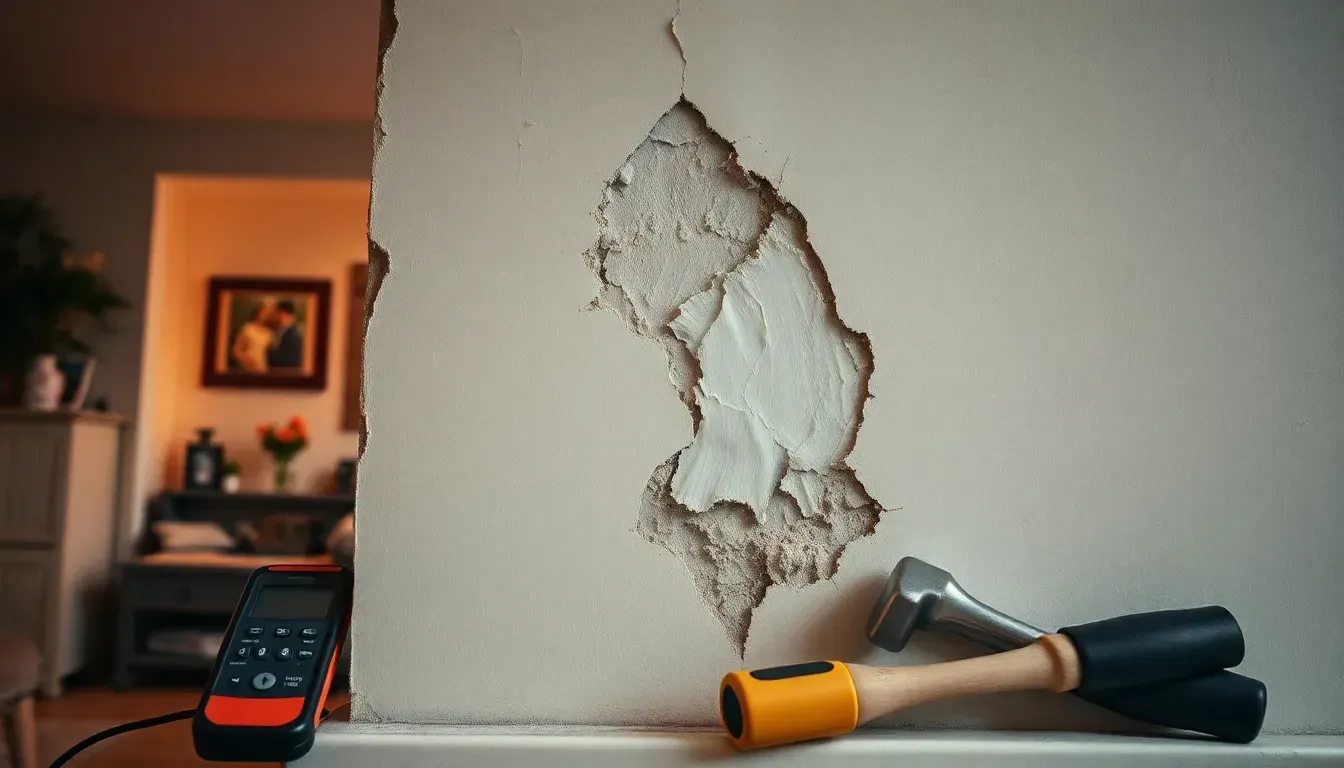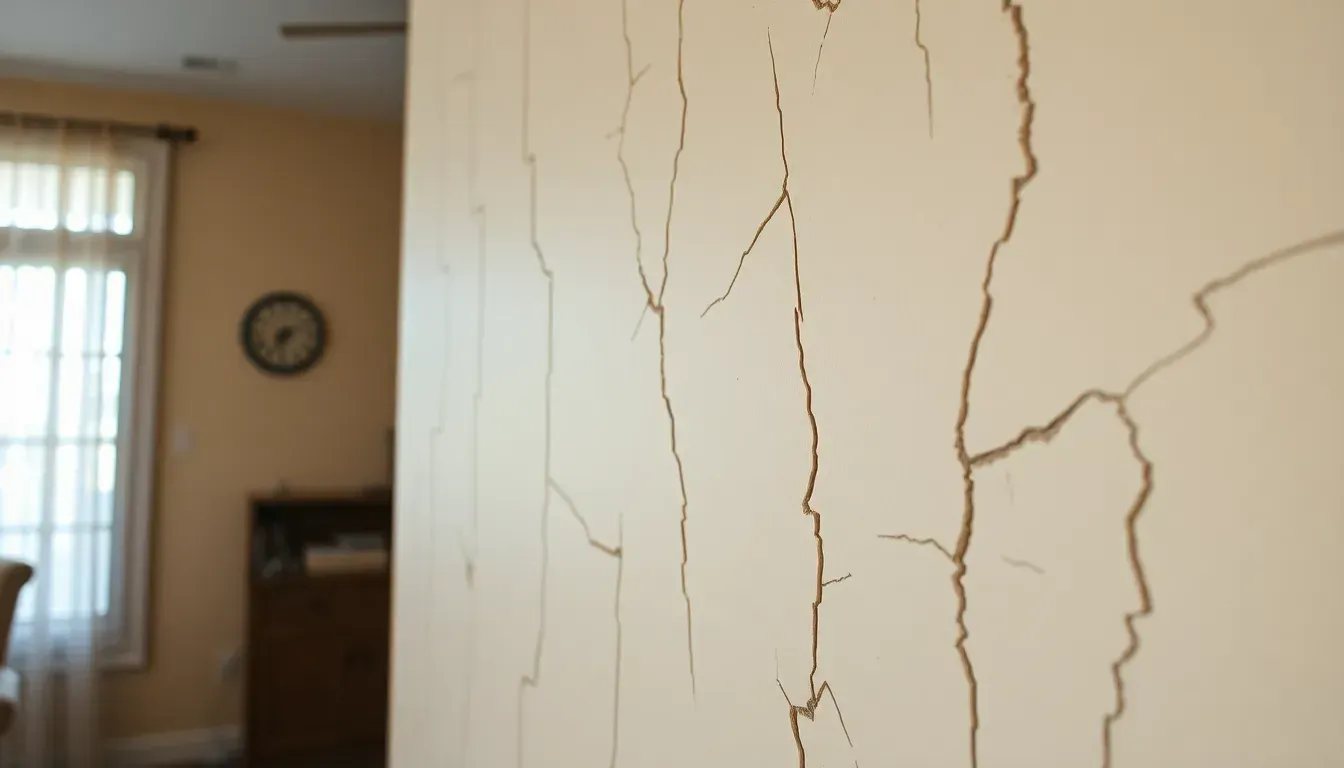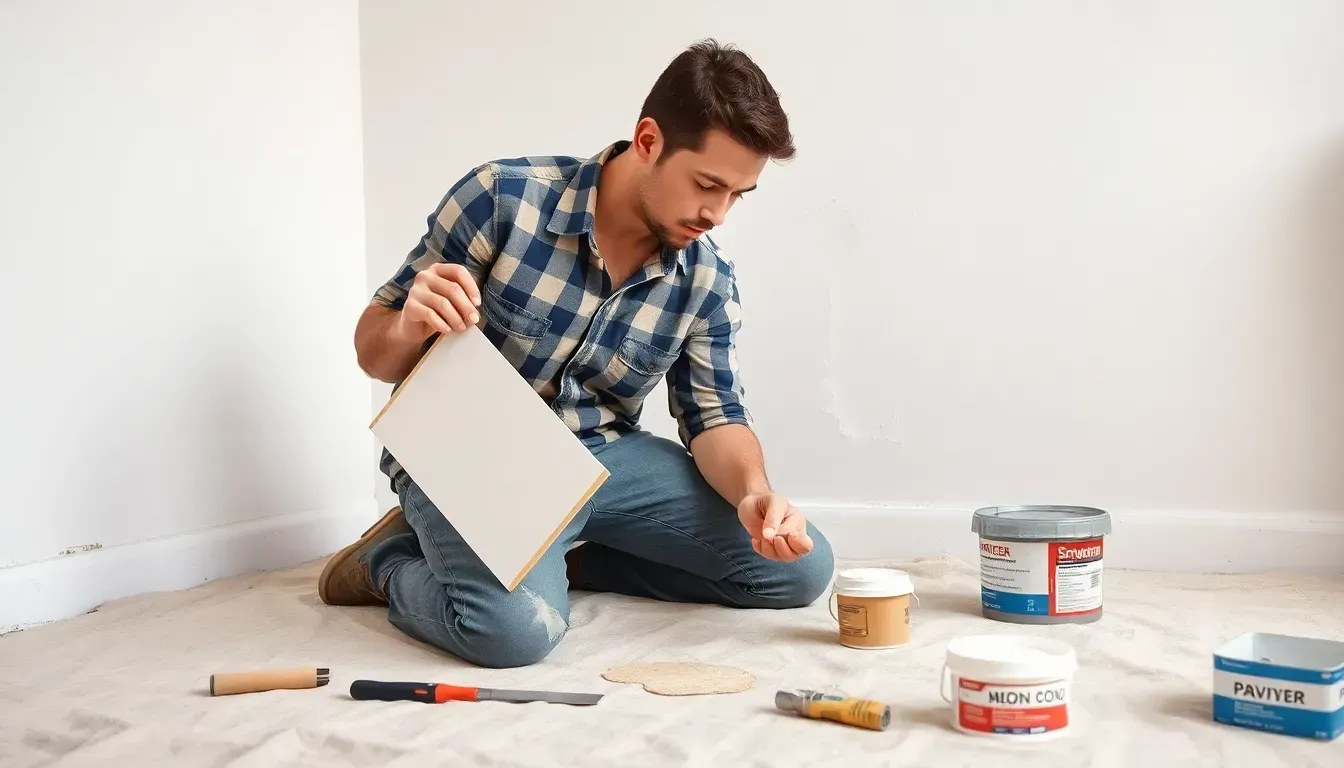The Price of Peace: Home Inspection Costs in Houston TX
If you're buying or selling a home, the cost of home inspection in Houston TX is something you’ll want to plan for early. A good home inspection helps you understand the condition of the property before making any big decisions. It’s not just about checking a box—it’s about making sure you know what you're getting into.
Whether it’s your first home or your fifth, understanding the home inspection cost can help you budget for what’s ahead and avoid surprises later. From safety issues to needed repairs, an inspection gives you a clearer picture of what’s going on inside and outside the home.
This article breaks down the cost of home inspection in Houston TX, explaining what affects the price and what each type of home inspection includes. It covers the differences between general and specialized inspections, how square footage and location can impact your home inspection cost, and why services like radon and septic system inspections may be worth adding. You’ll also find answers to common questions about inspection fees, timing, and who typically pays. Use this guide to make smart, informed choices in the Houston real estate market.
Home Inspection Cost in Houston TX: What to Expect
When it comes to home inspection costs in Texas, there are two main types to consider: general and specialized inspections. Each serves a unique purpose and varies in cost.
Average Home Inspection Price in Texas
For a general Texas home inspection, you can expect to pay between $340 and $461. This thorough home inspection covers the basics, like the condition of the roof, foundation, plumbing, and electrical systems. It's a comprehensive check-up of the home’s overall health.
Specialized inspection services, however, focus on specific areas of concern and can be more costly. For example, a foundation inspection might range from $300 to $1,000. These inspections dig deeper into particular aspects of the home, providing detailed information on potential issues.
What Inspection Includes: Interior and Exterior Checks That Matter
A general home inspection is designed to evaluate both interior and exterior components of a property. Inspectors perform a visual assessment of accessible spaces—everything from ceilings, walls, and floors to siding, windows, and the roofline. The goal is to identify any damage, deterioration, or issues that could compromise safety or function.
What the inspection includes may vary by provider, but most reports cover structural integrity, major systems, and visible defects. While not invasive, this process is highly detailed and serves as an essential foundation for understanding the property’s condition.
General vs. Specialized Home Inspection
A general inspection is like a routine check-up for your home. It includes a thorough examination of key systems and structures. Inspectors look for signs of wear, damage, or potential hazards. This type of house inspection is essential for anyone buying or selling a home, as it uncovers issues that might not be immediately visible.
Specialized inspections target specific areas, such as the roof or electrical systems. These inspections are often necessary when there's a known issue or concern. For instance, if a home has a history of roof leaks, a roof inspection might be recommended. These inspections can provide peace of mind by addressing specific worries.
In Houston, the home inspection quote can vary based on factors like the home size and the complexity of the issue. However, investing in specialized inspections can save homeowners from potentially costly repairs in the future.
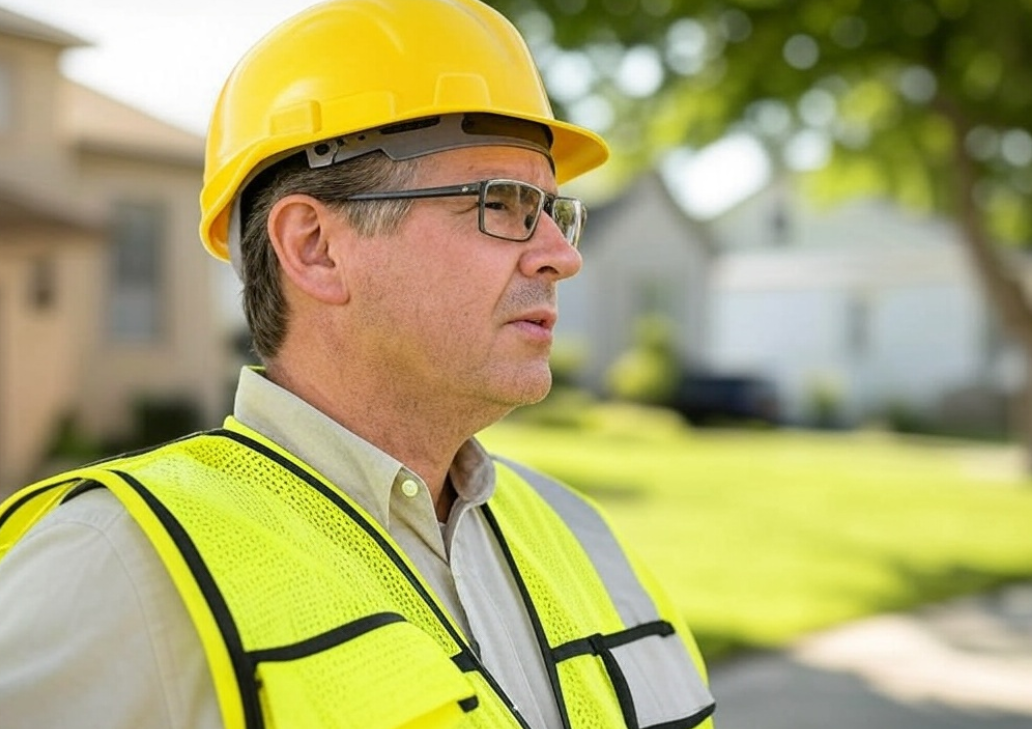
How Much Is a Home Inspection in Houston?
When considering the cost of a home inspection in Houston TX, several factors come into play, such as inspection fees, home size, and location. Let’s break down these elements to understand what influences pricing in this vibrant city.
Square Footage and Inspection Costs
Home inspection costs rise with square footage. Larger homes take more time to inspect and involve more systems to evaluate. For example, some companies offer flat-rate pricing for homes up to 3,000 square feet and then charge based on the square footage for larger properties.
Houston Home Location Considerations
In Houston, prices can vary based on location. Homes in areas with higher property values might see slightly elevated fees. Also, certain zones may require additional inspections, such as thermal imaging or flood assessments, increasing the total home inspection cost in Houston.
Inspection Prices for Different Property Types
Homes with complex systems or custom features may require extended inspections. This could include electrical kitchen appliances, leach field assessments, or even distribution box evaluations, especially in rural homes with septic systems.
Understanding these details helps you better estimate the home inspection price and prepare accordingly during the home buying process.
Different Types of Home Inspection Services
Not all home inspections in Texas are the same. Let’s look at the common types available to buyers and sellers in the Houston housing market.
General Home Inspection
A general inspection offers a surface-to-structure overview and includes:
- Structural Systems: Foundation, roof, walls
- HVAC Systems: Heating and cooling functionality
- Electrical Systems: Code compliance and safety
- Plumbing Systems: Leaks and corrosion checks
This thorough inspection ensures your dream home doesn’t hide unseen issues that could pose a safety hazard.
Specialized Home Inspection Types
Certain concerns call for more targeted evaluations:
- Foundation Inspection: $300–$1,000 for cracks and structural shifts
- Roof Inspection: $150–$350 to check for leaks and mold
- Electrical Inspection: $100–$400 for faulty wiring or overloaded circuits
- Plumbing Inspection: $200–$300 for pipeline integrity and leak detection
- Septic System Inspection: Costs vary but are essential for rural properties with private waste systems
These add-on services complement your general inspection and can prevent expensive surprises later.
Septic System and Radon Testing: Add-Ons Worth Considering
Beyond the standard inspection, some homes may benefit from additional testing. A septic system inspection is vital for homes not connected to city sewer lines. This check ensures the tank, lines, and drainage fields are functioning properly, preventing costly backups or contamination issues.
Radon testing is another worthwhile add-on, particularly in areas with natural gas exposure. Radon is a colorless, odorless gas linked to long-term health risks. Identifying elevated levels early allows for mitigation steps that protect your household’s well-being.
These specialized add-ons enhance your inspection by targeting less visible, high-impact risks.
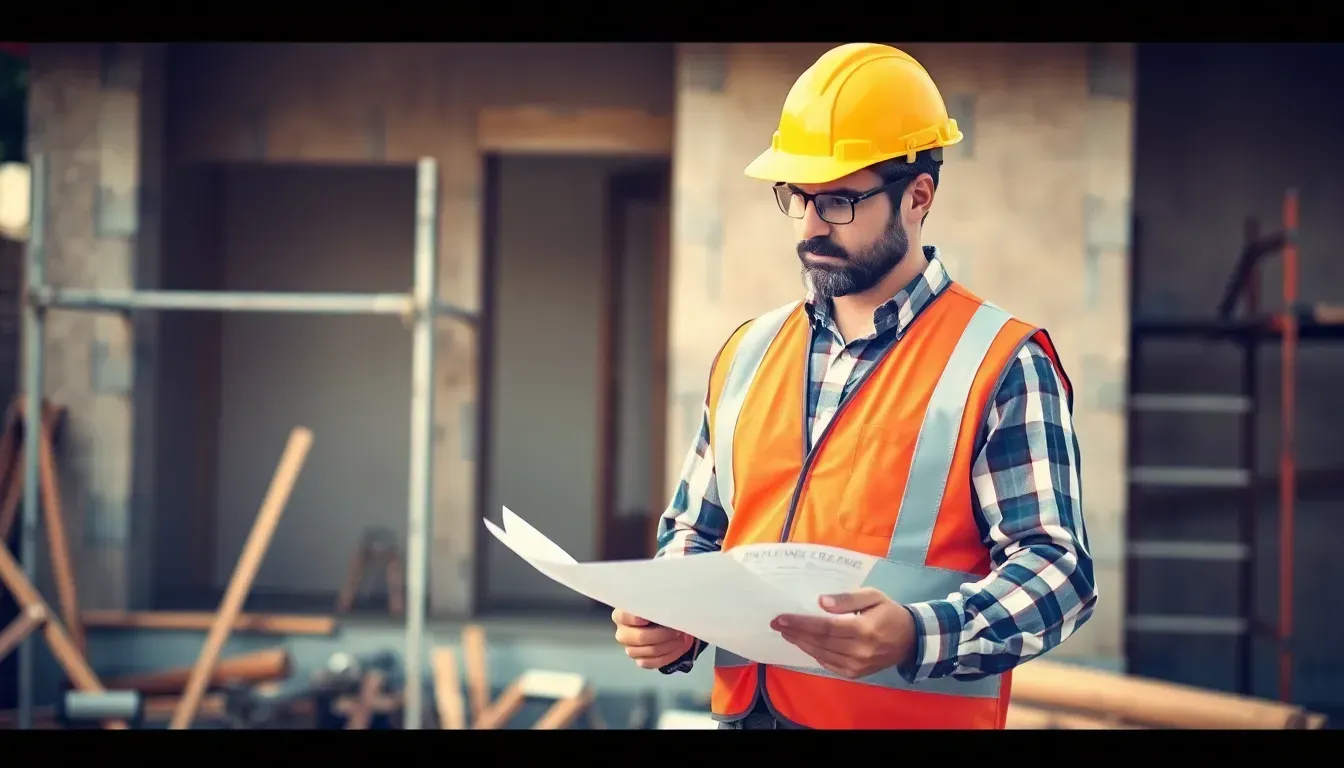
Who Pays for a Home Inspection?
In Texas Real Estate Deals
In most cases, buyers typically cover the home inspection cost in Texas. It’s a crucial part of due diligence in the home buying process, helping them identify risks before closing.
When Sellers Pay for a Home Inspection
Some sellers proactively hire inspectors to conduct a warranty inspection before listing. This upfront approach can improve buyer confidence and speed up sales.
Does the Buyer Always Pay for Home Inspections?
In most cases, buyers typically cover the inspection cost, but it's not set in stone. Depending on the agreement, the seller may pay for home inspections as a goodwill gesture or during negotiation.
If you’re budgeting for the transaction, it’s wise to assume you'll pay for inspections up front. However, in competitive or high-value markets, some sellers include a pre-listing inspection to attract serious buyers and reduce contingencies.
Frequently Asked Questions about Home Inspections
What is included in a home inspection?
A standard home inspection covers essential components to ensure the property is safe and sound. Inspectors evaluate structural systems such as walls, ceilings, and floors for cracks or damage. They assess HVAC for efficiency, electrical for faults, and plumbing for leaks. Each inspection report highlights key issues and includes recommendations. Every inspection includes a visual review of all accessible areas, providing the foundation for confident decision-making.
Who pays for the home inspection?
In Houston, the buyer typically pays for inspections, though sellers occasionally cover them as part of pre-listing preparations or negotiations.
Can inspection costs be negotiated?
Yes. Buyers may negotiate inspection costs, repairs, or seller credits depending on the findings, especially in competitive markets.
How long does a home inspection take?
Most inspections take 2 to 4 hours, depending on the type of property and inspection. Larger or older homes with more complex systems often require more time. Knowing how long a home inspection takes helps you plan your schedule and understand the thoroughness involved.
Are additional inspections necessary?
They can be. Depending on the property, inspections like septic, radon, or mold testing might be recommended to uncover hidden risks.
Is the inspection part of closing costs?
Although paid upfront, the cost is considered part of your closing costs in terms of total investment during the transaction.
What happens after the inspection?
You’ll receive a detailed inspection report outlining any issues. Use this to request repairs, seek credits, or even walk away if serious problems arise.
Do I need expert guidance to interpret my report?
Yes, especially if you're unfamiliar with housing systems. An inspector can walk you through the findings and offer expert guidance on next steps.
What Every Inspection Report Should Include
After your home inspection, you'll receive a written inspection report that outlines the condition of the property. Every inspection should include photos, notes, and recommendations for further evaluation or repairs. A clear report helps you understand what’s urgent, what’s cosmetic, and what might affect long-term value.
Knowing exactly what your inspection includes allows you to make informed decisions and negotiate from a place of knowledge.
Dealing with the Texas Home Market with a Thorough Home Inspection
If you're buying or selling a Texas home, investing in a thorough home inspection is one of the smartest steps you can take. It not only protects your financial investment but also gives you clarity on safety and future maintenance needs. From roof assessments to plumbing checks and radon testing, each component of the inspection adds a layer of security.
A quality inspection supports smoother closings, fewer surprises, and better negotiations—ensuring you move forward with confidence in the Texas real estate market.
Conclusion: Secure the Right Home Inspection Services in Houston
Choosing Accurate Home and Commercial Services for your home inspection services in Houston ensures you're prioritizing safety and peace of mind. Their inspectors understand the local Texas home market, and their expertise covers everything from general to specialized inspections.
They serve a broad region—Houston, Conroe, Pasadena, The Woodlands, and surrounding communities—offering tailored evaluations to meet your specific needs.
By getting a detailed home inspection quote from Accurate Home and Commercial Services, you're taking the right step toward safeguarding your investment and navigating the home buying process with confidence.
